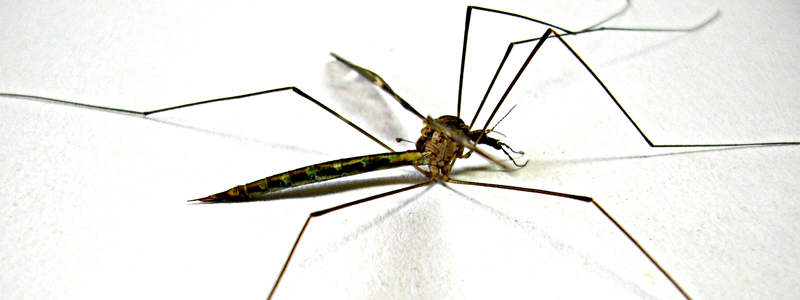BY: SAMANTHA BARTLETT, DVM
Just like tick-borne diseases mentioned in another article within this newsletter, mosquito-borne illnesses are on the rise. West Nile is the most commonly reported mosquito-borne illness and has been reported in all states within the continental US. A high-risk warning for infection by the West Nile virus was issued by the Kansas Department of Health and Environment last month. The warning includes North Central, South Central and Southwest Kansas with the rest of the state considered at moderate risk. The virus is a threat to humans and horses and is spread by mosquitoes. Not all infections cause clinical signs and few infections can result in death. There is no cure or vaccine for people although a vaccine is available for horses.
Prevention of infection by the West Nile virus centers around mosquito control and avoidance. Namely, protect yourself from mosquitoes with repellants containing DEET, picaridin, lemon eucalyptus oil or IR3535. Avoid activities at dusk and dawn wheen mosquitoes are most active or, if you must be outdoors during this time, consider covering yourself with long pants and long sleeves in addition to repellants. Also, eliminate sources of standing water on your property and be sure to empty and refresh pet and livestock water sources regularly to prevent them from becoming a breeding ground for mosquitoes. Horses should be vaccinated as well.
Most infected humans show no signs of the illness. Most humans that do show symptoms of West Nile virus report fever, headache, body aches and skin rash. Few affected people have severe symptoms including coma, tremors, convulsions and, ultimately, death. The most common symptom of infected horses is lack of coordination and ataxia. Other symptoms can include anorexia, depression, disorientation, falling down and total paralysis.
Infections occur most frequently in late summer/early fall. From 1999-2017, 600 cases of West Nile have been reported in Kansas with 30 of those resulting in death. You can stay up-to-date on the curent risk for infection in Kansas by visiting the KDHE’s West Nile Virus website regularly at http://www.kdheks.gov/epi/arboviral_disease.htm. More information on mosquito control and prevention can be found on the CDC’s pages dedicated to mosquito control at https://www.cdc.gov/features/StopMosquitoes/.











